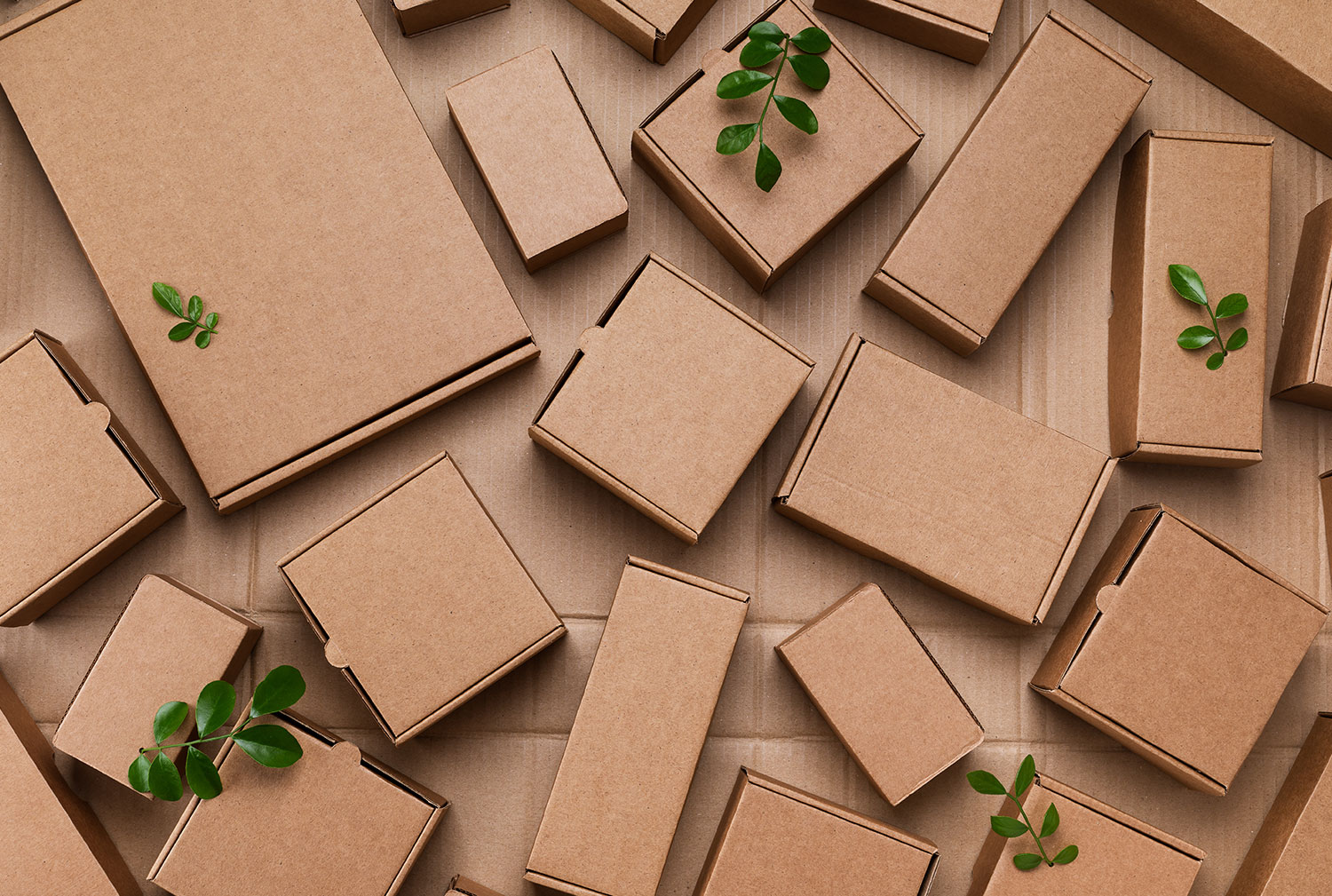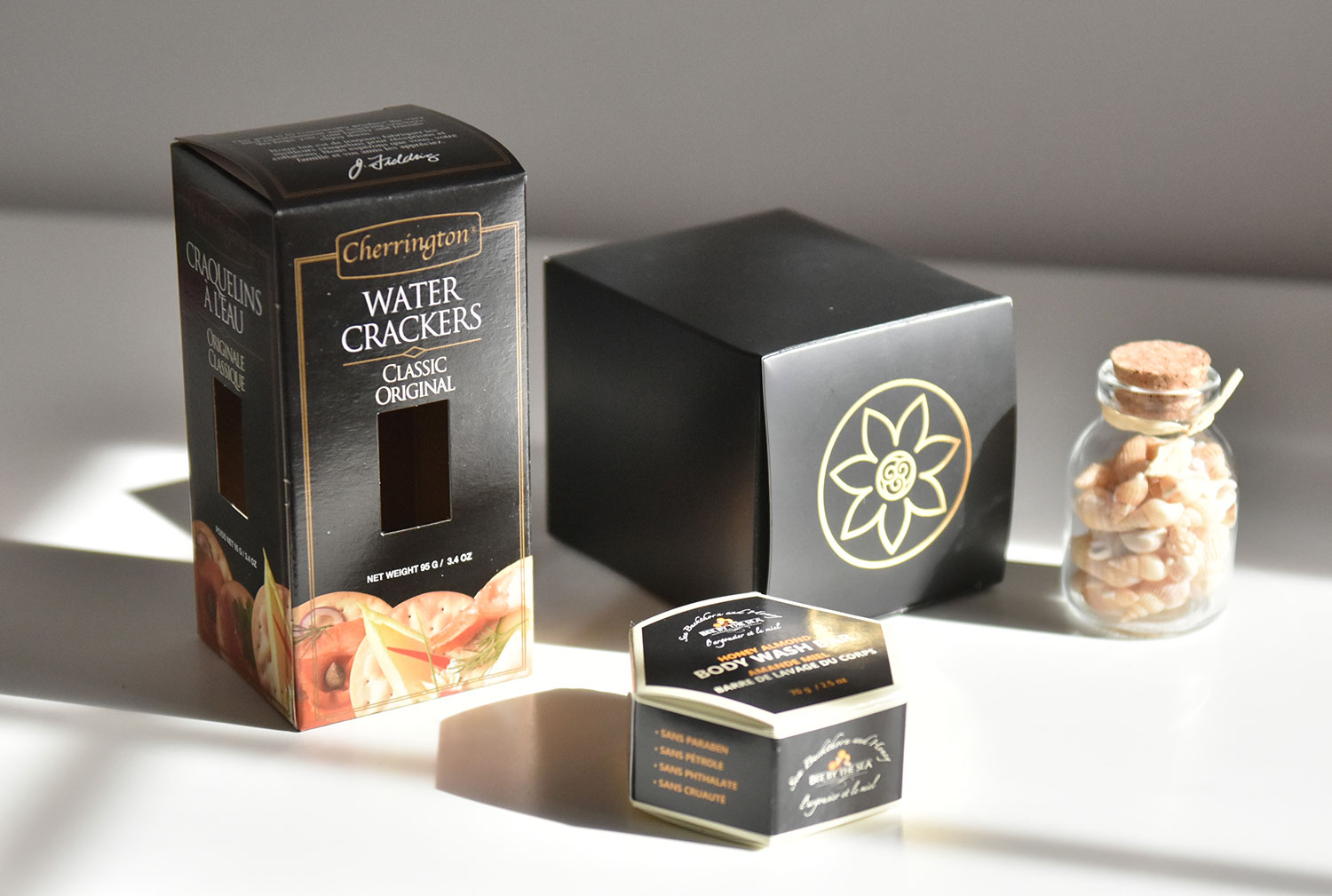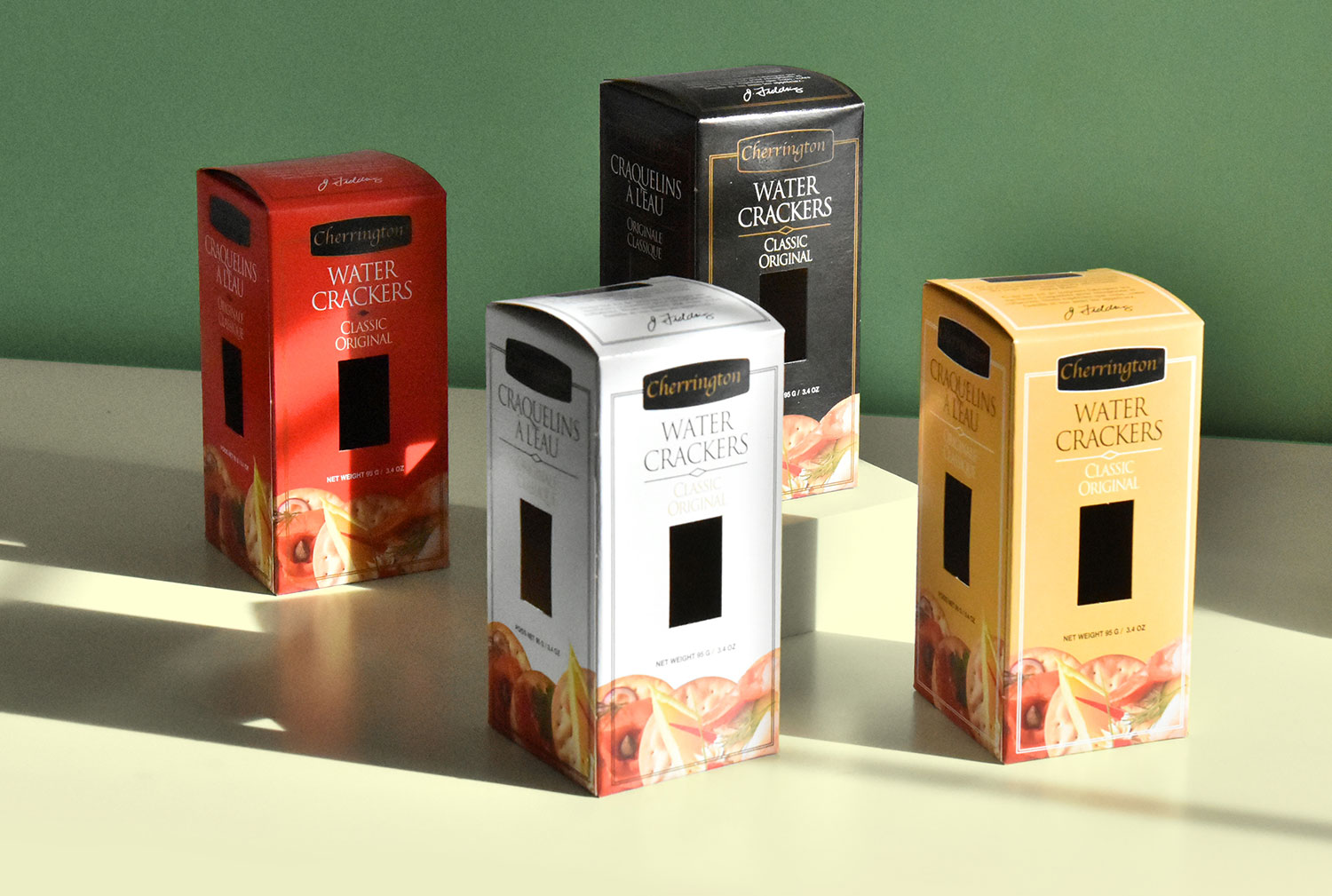It is predicted that in the year 2050, our oceans will have more plastic than fish. These statistics are leading companies to work hard at developing a more sustainable business model. The harmful effects of packaging are getting attention and drawing many to vote with their dollars, supporting companies that are working hard to reduce their waste.
Here are a few of the companies leading the trend:
Zara’s Green Alternatives
Zara encourages clients to donate clothing so they can resell, recycle, and repair it. This helps them reduce waste and improve their brand image. Zara is looking to have a zero-waste business by 2025, so they are reusing hangers, boxes, and bags. Cardboard boxes can often be used up to five times before needing to be recycled.
Gucci’s 100% Recyclable Luxury Bags
The brand name Gucci brings up visions of decadent fabric and fashion runways. If you picture a package, you picture it luxurious. Gucci wants their customers to keep their luxury experience but not at a sustainability cost. They offer new packaging that tosses aside all the plastic for paper bags sourced from forests that are FSC-certified. The bags have cotton handles instead of polyester and they have cut down on excess packaging.
Pangea Organics Plantable Packages
Known for their 100% plant-based cosmetics, they are also a zero-waste company. They took their packaging design a step further and made it into a way to plant trees. The company has organic seeds incorporated into their packages so when customers remove products and plant the ‘waste,’ they get a tree. There is labeling on the package to communicate how to plant the tree and the kind of tree the seed grows into.
White Company’s Eco Commitment
The White Company is an online retailer renowned for designer fashion, homeware, and linens. They have been in the business for almost 30 years and have an eye for detail and quality. They are working hard to be more sustainable with their packaging solutions. Historically companies used non-biodegradable, single-use ply bags for their products.
For more eco-friendly options and consistent production, The White Company is using a more sustainable solution. The brand uses recycled LDPE, giving greater control over consistency and sustainability.
Calvin Klein’s No Waste Goals
Calvin Klein is owned by PVH, a global apparel company that has a goal of using packaging material that is made of 100% sustainable materials by 2025. They are making huge strides in this effort with a respectable 74% of their package material being recyclable. They also annually save over 200 tons of plastic by using thinner material in their packages. PVH is also the first apparel company in How2Recycle initiative, a growing sustainable initiative. This is currently making a large difference in how clients view the company and their bottom line.
One important aspect to take away from the movement to become more sustainable is small changes go a long way. Consider ways you can reuse your packaging materials and other items to reduce your footprint. Even one step in the right direction can have a large impact.




